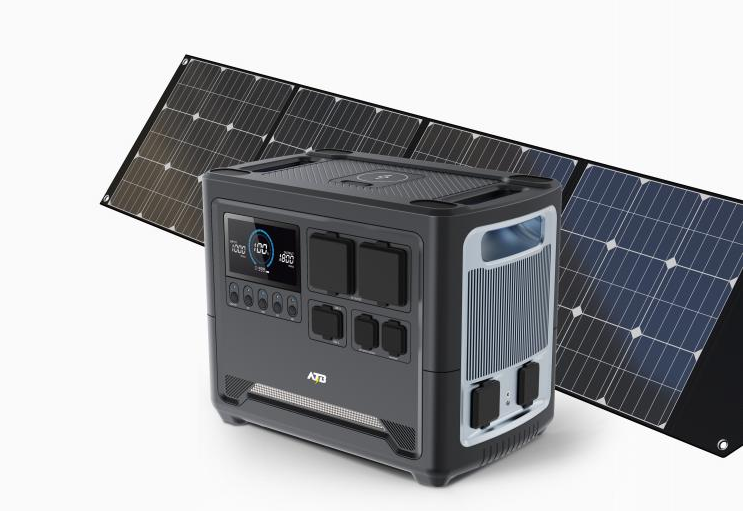Is It Possible to Charge an EV with a Portable Generator?
On this page
Electric vehicles (EVs) have quickly become a significant part of the automotive landscape, offering sustainable, efficient, and emission-free driving. However, one common concern remains: access to reliable charging, especially in remote areas or during power outages. With the growing need for flexible charging solutions, many wonder if portable generators could provide a backup charging option. Let’s explore how EV charging works, if and when a generator can be used, and situations where a generator or backup battery might come in handy.
To charge an EV with a generator, a few key conditions must be met:
To charge an EV with a generator, a few key conditions must be met:
The generator must provide the correct voltage (120V or 240V) and power output that aligns with the vehicle’s charging requirements. Most portable generators offer Level 1 (120V) charging, while higher-powered models can support Level 2 (240V) charging. The generator’s power capacity should be sufficient to sustain the charge without interruptions.
A generator with stable output is crucial, as fluctuating power can harm the vehicle’s battery or charging components. Inverter generators, which produce a more stable current, are often recommended over traditional models for EV charging.
To connect a generator to an EV, you’ll need appropriate cables and adapters that are compatible with both the generator and the vehicle’s charging port.
Generators produce exhaust fumes, so charging should only be done in well-ventilated outdoor areas. Avoid using a generator in enclosed spaces like garages due to the risk of carbon monoxide poisoning.
While technically feasible, using a generator to charge an EV isn’t ideal due to its inefficiency and the potential for power instability. However, there are scenarios where a generator or backup battery can be beneficial for EV charging.
While technically feasible, using a generator to charge an EV isn’t ideal due to its inefficiency and the potential for power instability. However, there are scenarios where a generator or backup battery can be beneficial for EV charging.
Though using a generator isn’t ideal for regular EV charging, it can provide peace of mind and practicality in certain situations:
During power outages or emergencies, a generator can serve as a temporary power source. For instance, if a storm knocks out electricity and a driver needs to reach a safer area or a functional charging station, a generator can provide enough power to add a few miles of range. This use case is especially relevant in regions prone to natural disasters, where extended power outages may disrupt normal travel.
If you’re traveling in remote areas where charging infrastructure is sparse or unreliable, a portable generator can extend your range as a backup solution. It’s not meant for full charges, but it could be a lifesaver to bridge the gap to the nearest available station. For those who frequently venture off-grid or camp in isolated areas, a portable generator or backup battery can be a reliable companion, offering reassurance for any unplanned detours or delays.
For EV owners with home energy storage systems like the Tesla Powerwall, charging during a blackout is often possible without a generator. However, in areas without solar or storage setups, a generator can be a practical option for emergencies. The Powerwall and similar systems store solar energy and automatically supply power to the home, allowing EV owners to charge during power outages. For households relying on backup generators instead, this setup can also offer essential transportation options in emergencies.
While charging an EV with a generator isn’t practical for regular use, it’s technically possible under the right conditions. Generators can provide emergency power, helping EV owners reach a charging station or travel short distances when grid access is limited. For those traveling off the beaten path or preparing for natural disasters, a generator can be a valuable tool to ensure continuous mobility.
As EV technology and charging infrastructure evolve, innovative solutions like portable battery packs and solar charging options are emerging, offering greater flexibility for EV owners. Until charging stations are universally accessible, generators and other backup solutions will continue to play a role in expanding the practical use of electric vehicles in remote and emergency scenarios.
As EV technology and charging infrastructure evolve, innovative solutions like portable battery packs and solar charging options are emerging, offering greater flexibility for EV owners. Until charging stations are universally accessible, generators and other backup solutions will continue to play a role in expanding the practical use of electric vehicles in remote and emergency scenarios.

